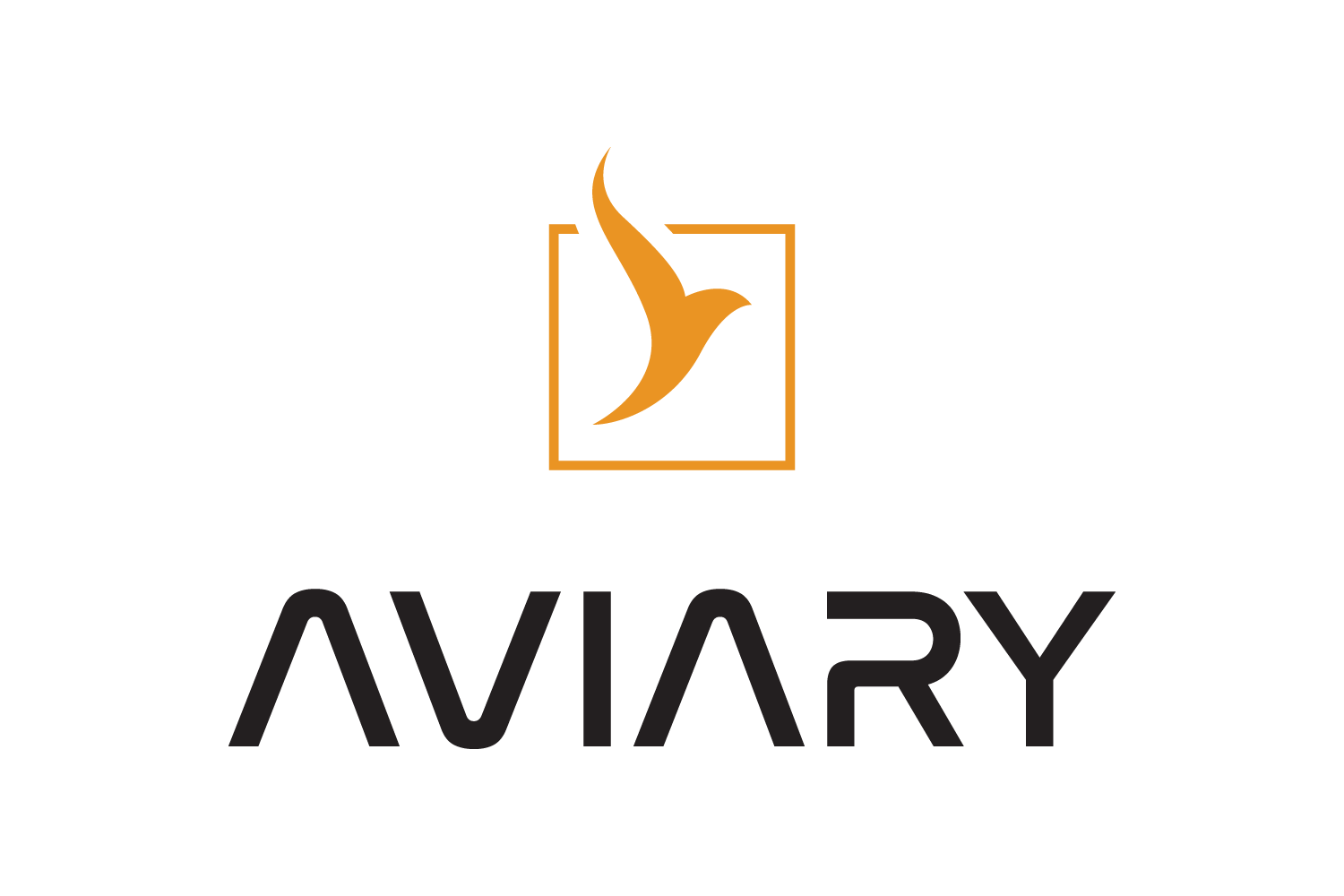Source code for aviary.utils.develop_metadata
[docs]
def add_meta_data(
key: str,
meta_data: dict,
units='unitless',
default_value=0.0,
types=None,
multivalue: bool = False,
option: bool = False,
desc: str = None,
historical_name=None,
_check_unique=True,
):
"""
Add new meta data associated with variables in the Aviary data hierarchy.
Parameters
----------
key : str
Aviary variable name
meta_data : dict
dictionary of meta data to add the variable to
units : str or None
units of measure
desc : str
brief description of the variable
default_value : any
in context, the Aviary value assumed if the variable is missing from
options and/or inputs
Note, a default value of `None` indicates that the variable is
optional, but that there is no default.
types : type, optional
gives the allowable type(s) of the variable in the aviary API. if `multivalue` is
True, this specifies which types individual elements in the list can be. If
`types` is not provided, the type of `default_value` is used. Numerical data
for `default_value` is assumed to be a float in this case.
option : bool
indicates that this variable is an option, rather than a normal input
multivalue : bool
when True, the variable can become an iterable (list, tuple, numpy array) of
elements whose type is in `types`.
historical_name : dict or None
dictionary of names that the variable held in prior codes
Example: {"FLOPS":"WTIN.WNGWT", "LEAPS1": "aircraft.inputs.wing_weight", "GASP":
"INGASP.WWGHT"}
NAMELIST naming convention
&<function_name>.<namelist_name>.<var_name>
Example: &DEFINE.CONFIN.GW
represents the GW variable of the CONFIN namelist as defined in
the DEFINE subroutine
COMMON block naming convention, including aliases:
<block_name>.<var_name>
Example: CONFIG.GW
represents the GW variable of the CONFIG common block
Local variable naming convention, including equivalence statements, parameters,
and other local declarations:
~<function_name>.<var_name>
Example: ~ANALYS.GWTOL
represents the GWTOL variable of the ANALYS subroutine
_check_unique : bool
private use only flag that tells whether to check the meta_data for the
pre-existing presence of the provided key. This should only be set to false when
update_meta_data is the calling function.
Returns
-------
None
No variables returned by this method.
Raises
------
None
No exceptions raised by this method, although other methods called within may
raise exceptions.
"""
if key in meta_data and _check_unique:
raise ValueError(
f'You added the variable {key} to a variable metadata dictionary via the '
f'add_meta_data function, but {key} already was present in the dictionary. '
'If you are sure you want to overwrite this variable, call the '
'update_meta_data function instead.'
)
if units is None:
units = 'unitless'
if types is None and default_value is not None:
try:
# Try casting to float, as it is common for users to intend use of floats but
# not include decimal points in default_value
default_value = float(default_value)
except (ValueError, TypeError):
pass # default_value is not a numerical value
types = type(default_value)
meta_data[key] = {
'historical_name': historical_name,
'units': units,
'desc': desc,
'option': option,
'default_value': default_value,
'types': types,
'multivalue': multivalue,
}
[docs]
def update_meta_data(
key: str,
meta_data: dict,
units='unitless',
desc: str = None,
default_value=0.0,
option: bool = False,
types=None,
multivalue: bool = False,
historical_name=None,
):
"""
Update existing meta data associated with variables in the Aviary data hierarchy.
Parameters
----------
key : str
Aviary variable name
meta_data : dict
dictionary of meta data to add the variable to
units : str or None
units of measure
desc : str
brief description of the variable
default_value : Any
in context, the Aviary value assumed if the variable is missing from
options and/or inputs
Note, a default value of `None` indicates that the variable is
optional, but that there is no default.
option : bool
indicates that this variable is an option, rather than a normal input
types : type
gives the allowable type(s) of the variable
multivalue : bool
when True, the variable can become a list of elements whose type is in types.
This is mainly used when there are multiple engine types.
historical_name : dict or None
dictionary of names that the variable held in prior codes
Example: {"FLOPS":"WTIN.WNGWT", "LEAPS1": "aircraft.inputs.wing_weight", "GASP":
"INGASP.WWGHT"}
NAMELIST naming convention
&<function_name>.<namelist_name>.<var_name>
Example: &DEFINE.CONFIN.GW
represents the GW variable of the CONFIN namelist as defined in
the DEFINE subroutine
COMMON block naming convention, including aliases:
<block_name>.<var_name>
Example: CONFIG.GW
represents the GW variable of the CONFIG common block
Local variable naming convention, including equivalence statements, parameters,
and other local declarations:
~<function_name>.<var_name>
Example: ~ANALYS.GWTOL
represents the GWTOL variable of the ANALYS subroutine
Returns
-------
None
No variables returned by this method.
Raises
------
None
No exceptions raised by this method, although other methods called within may
raise exceptions.
"""
if key not in meta_data:
raise ValueError(
f'You provided the variable {key} to a variable metadata dictionary via the '
f'update_meta_data function, but {key} does not exist in the dictionary. If '
'you are sure you want to add this variable to the dictionary, call the '
'add_meta_data function instead.'
)
add_meta_data(
key=key,
meta_data=meta_data,
units=units,
desc=desc,
default_value=default_value,
option=option,
types=types,
multivalue=multivalue,
historical_name=historical_name,
_check_unique=False,
)
